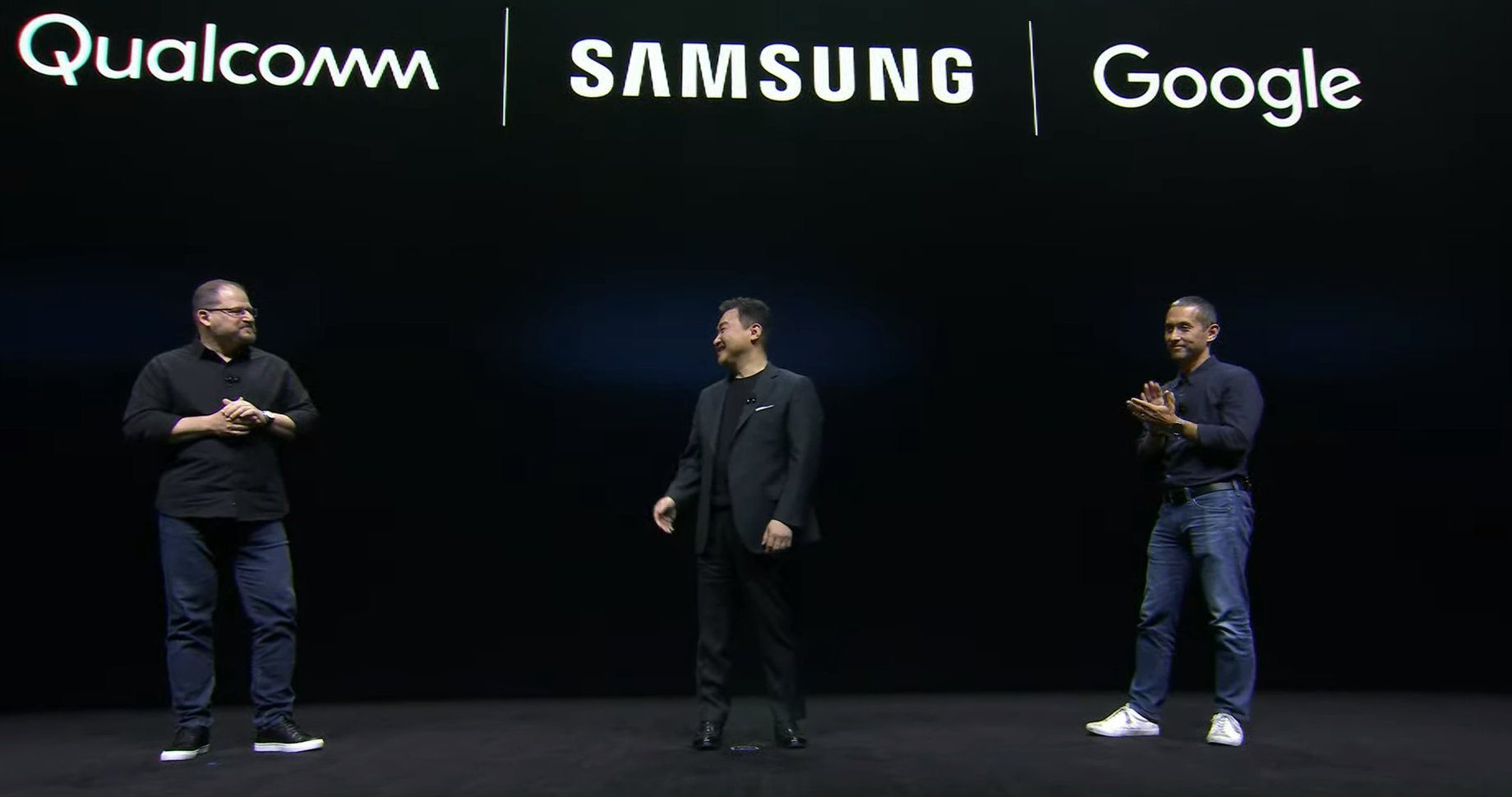
A few months ago, the world of XR and VR headsets took a leap forward. That's because the Apple Vision Pro headset was unveiled, marking the first foray the brand took into that arena.
Reactions were mixed. Some enjoyed the format, and appreciated the efforts taken to put the technology into a usable package. Apple market the device as a "Spatial Computer" rather than a mixed reality headset. Others had reservations though – mainly surrounding the price.
Now, a consortium of big name brands are coming together to create a rival device. Samsung, Google and Qualcomm are no strangers – their respective technology is already found in top Samsung phones like the Samsung Galaxy S23 Ultra.
When that device was unveiled back in February, the trio signalled their intention to produce an XR device. And now, Samsung's Head of Mobile Experience, TM Roh, has renewed hope of the device coming soon.
As reported by ZDNet, Roh addressed the project in Seoul this week, in the aftermath of the Samsung Galaxy Unpacked event. He said, "We are expecting an announcement in the not-too-far-off future."
That's great news for fans. Previous rumours had suggested that the project was being held up in the wake of the Apple announcement, but that doesn't seem to be the case anymore.
We also got a little more information about the concept of the device itself. In the same speech, Roh said, "We are not looking to be happy about launching a single product or creating an ecosystem for one company. Like smartphones, what we are doing is opening an XR ecosystem."
It certainly sounds like the brand are taking a similar approach to the Android phone market, then. That sees the Android operating system – created by Google – available to a wide range of manufacturers. It's a similar situation with Qualcomm chips – their Snapdragon 8 Gen 2, for example, can be found in almost every top tier device this year.
If a similar arrangement could work in the XR headset space, it could make a big difference. By outsourcing a couple of those key areas – processing and operating system – there's less for the individual manufacturers to produce. That could lead to more options on the market and, by extension, lower prices.
For now, though, we'll just have to wait for the announcement to learn more about what's coming.







